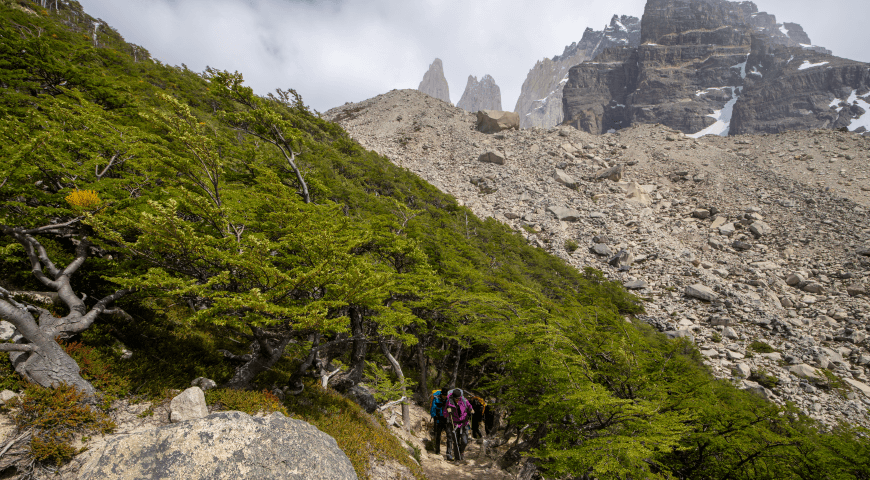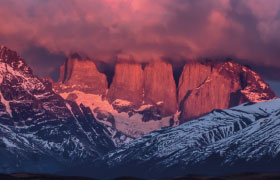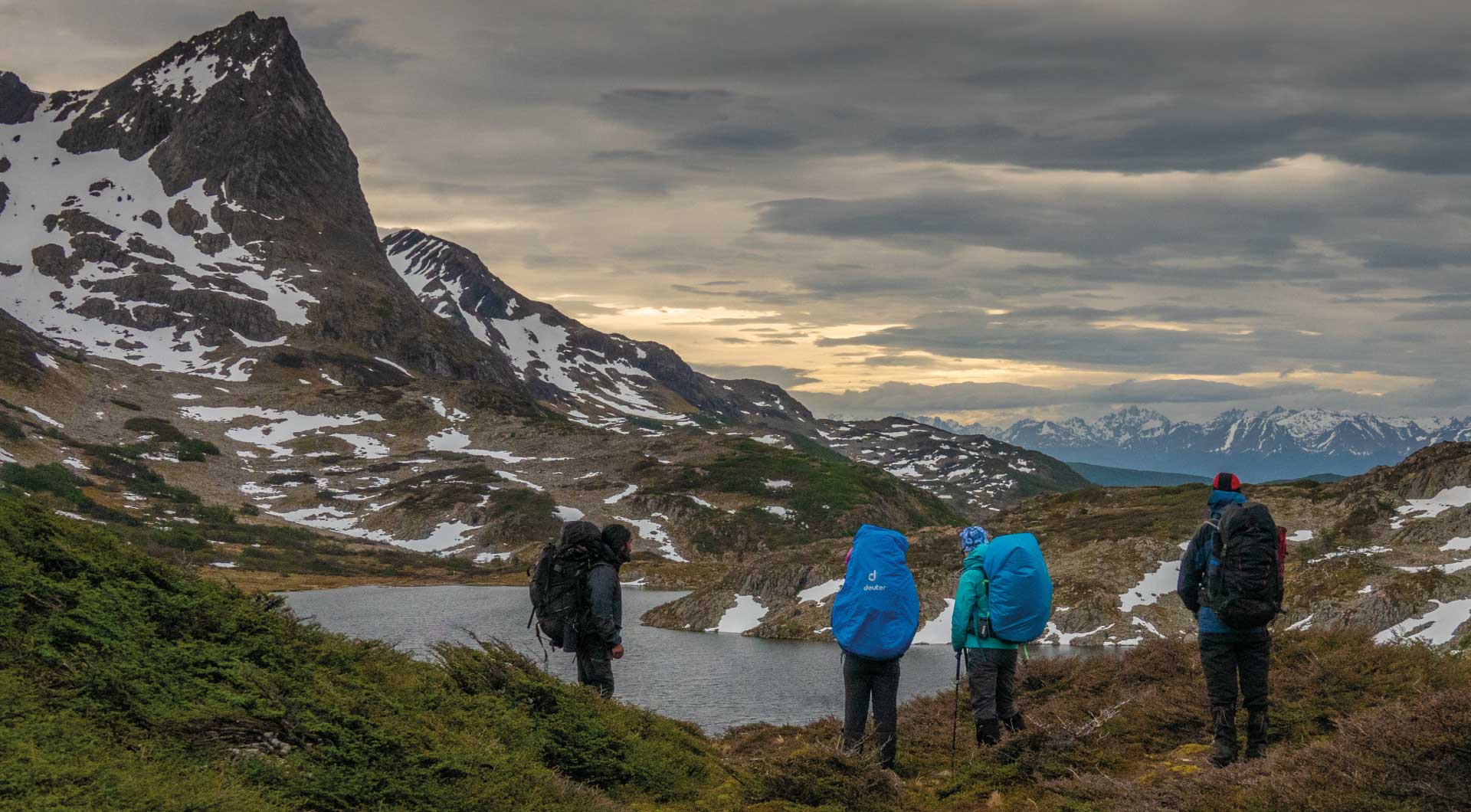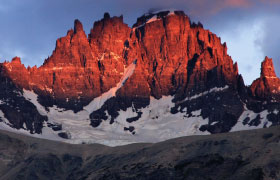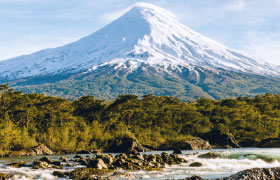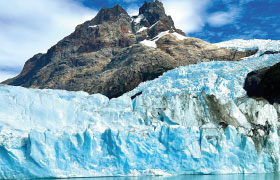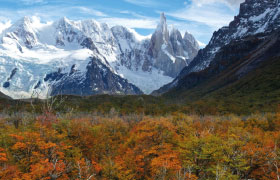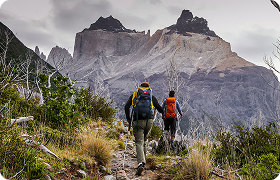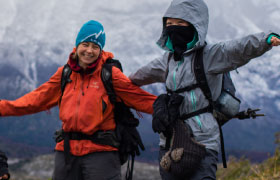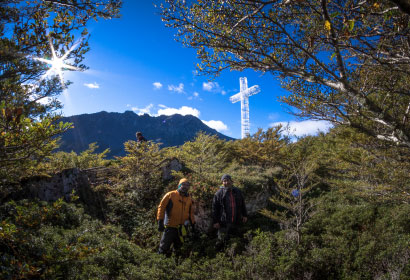
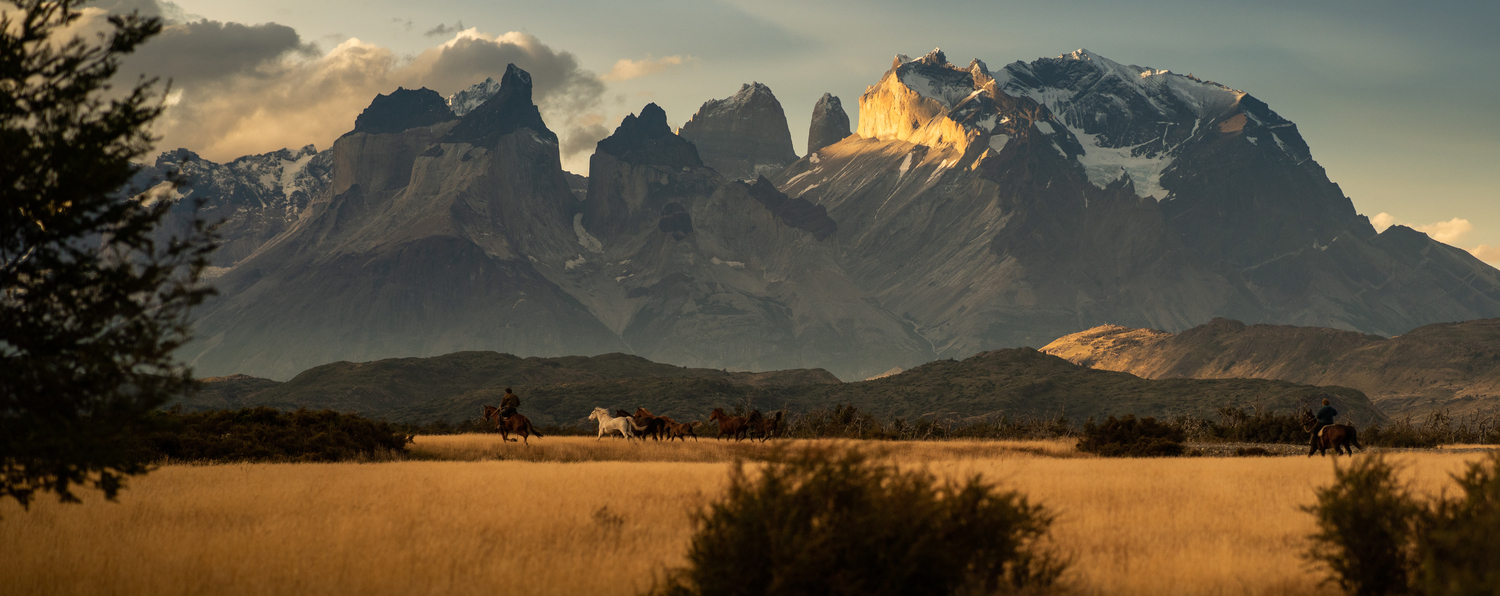
Guardians of Patagonia: International Day of National Parks
Every August 24, the International Day of National Parks is celebrated, commemorating the creation of the world’s first national park, Yellowstone in the United States in 1872. This day reminds us of the importance of preserving protected areas as guardians of biodiversity, culture and the history of our lands.
In Chile, national parks are part of a conservation network spanning over 14 million hectares, distributed throughout the country, from the Atacama Desert to the fjords and glaciers of Patagonia. Currently, there are 104 national parks, each with unique ecosystems that protect endemic species, valuable habitats, and landscapes of extraordinary beauty.
These areas not only conserve nature but also safeguard local history and culture, from archaeological sites to ancestral traditions. In this way, Chile joins the global mission of national parks: to protect and educate about the importance of ecosystems for present and future generations.
National Parks of Patagonia
In Chilean Patagonia, there are 17 national parks, protecting over 11,8 million hectares of landscapes ranging from fjords and glaciers to pampas and ancient forests. Among them, Torres del Paine National Park stands out as one of the most iconic, with more than 227,000 hectares safeguarding glaciers, lakes, forests, and pampas.
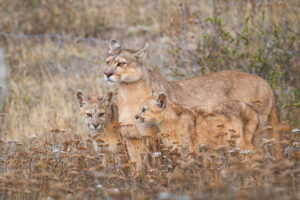
The park features four biotic zones determined by vegetation: the pre-andean shrubland, which covers most of the territory and is home to guanacos, gray foxes, and armadillos; the Patagonian steppe, with cushion plants, prostrate shrubs, and grasslands, home to many mammals including pumas; the Andean desert, characterized by extreme conditions where wildlife is scarce; and the Magellanic forest, dense and rich in birds and species such as the endangered huemul deer.
Soon, the future Cape Froward National Park will join this network, covering over 121,000 hectares, protecting native forests, peatlands, and emblematic species like the huemul and puma, while strengthening ecological connectivity across Patagonia.
National Parks as classrooms for learning and conservation
Visiting a national park requires responsibility and respect for nature. Visitors are welcome to explore trails, go trekking, observe wildlife and flora, and enjoy the beauty of the landscapes, but activities such as hunting, collecting plants, making fires outside designated areas, or leaving trash are strictly prohibited. Every action within the park can make a difference in ecosystem conservation.
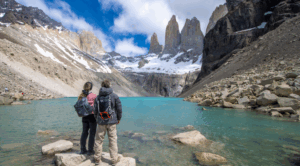
Responsible tourism turns national parks into true classrooms, where every visitor can learn, reflect, and become an agent of change for conservation. Observing Patagonia’s majesty up close, understanding the fragility of its ecosystems, and coexisting respectfully with its flora and fauna fosters awareness and commitment to protecting the environment. We must not forget that careless acts, such as the fire caused by a tourist in 2011 that devastated more than 17,600 hectares in Torres del Paine, are a clear example of the damage caused by the responsibility of not following the park’s rules. Traveling and exploring consciously is a way to ensure that these landscapes remain intact for future generations.
On this International Day of National Parks, we celebrate Patagonia’s natural treasures and reaffirm our responsibility to protect and honor these guardians of life and biodiversity. Explore them with respect, and you will carry with you a profound understanding of the value of preserving our ecosystems.
